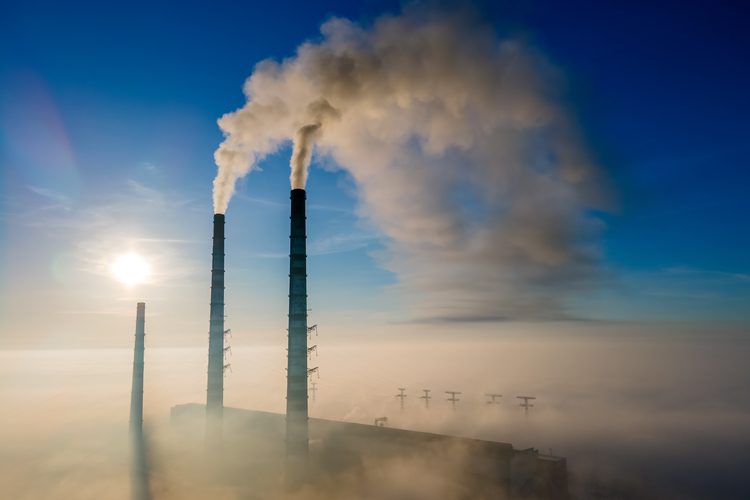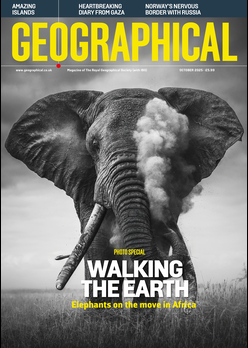
Failure to invest in renewables contrasts sharply with the industry’s claims of playing a central role in cutting emissions
By
New research from the Institute of Environmental Science and Technology at the Universitat Autònoma de Barcelona has shown how the fossil fuel industry is falling far short of its pledge to lead the energy transition.
The research, published in Nature Sustainability, challenges the fossil fuel industry’s narrative of being a key player in tackling climate change through purported ‘green’ energy projects.
Enjoying this article? Check out our related reads:
Using data from Global Energy Monitor, the research analysed the world’s 250 largest oil and gas producers, collectively responsible for 88 per cent of the global hydrocarbon output, as well as identifying more than 3,000 unique wind, solar, hydro and geothermal projects in which these companies have a stake.
The results show that 20 per cent of these 250 companies own a renewable energy project in operation, with renewable energy representing just 0.1 per cent of their primary energy extraction.
Such a failure to invest in renewables contrasts starkly with the industry’s repeated claims about playing a central role in emissions reductions. For the top 100 oil and gas companies, almost one quarter have set greenhouse gas reduction targets for 2030, with an average commitment of 43 per cent cuts in their own operations.

‘After decades of empty words, it is time for governments, universities and public institutions to recognise that the fossil fuel industry will always be part of the problem, not the solution to the climate crisis,’ said researcher at ICTA-UAB and lead author of the study Marcel Llavero-Pasquina. ‘Oil and gas companies should not have a seat at the table where the future of climate and energy policy is decided.’
A damaging industry
Emissions from fossil fuels are the dominant cause of global warming – in 2018, 89 per cent of global CO2 emissions originated from the fossil fuel industry.
Coal is the dirtiest fuel, responsible for more than 0.3C of the 1C increase in global average temperatures. Oil is responsible for around one-third of the world’s total carbon emissions, while natural gas accounts for approximately one-fifth.
Fossil fuel companies remain huge polluters, despite mounting evidence highlighting the disastrous impact such fuels have on our planet. In 2019, BP spent millions on an advertising campaign about its low-carbon energy – but in reality, more than 96 per cent of the company’s annual expenditure is still on oil and gas.
Another example is Aramco – the world’s largest oil company – which is a member of the Oil and Gas Climate Initiative, a group of oil majors contributing to a $1 billion fund that develops technologies aiding lower emissions in the sector. However, despite being a member, Aramco still operates more than 100 oil and gas fields, and continues to grow its reserves. In 2020, the Saudi government directed the company to increase its capacity for fossil fuel production from 12 million barrels of oil per day to 13 million.




